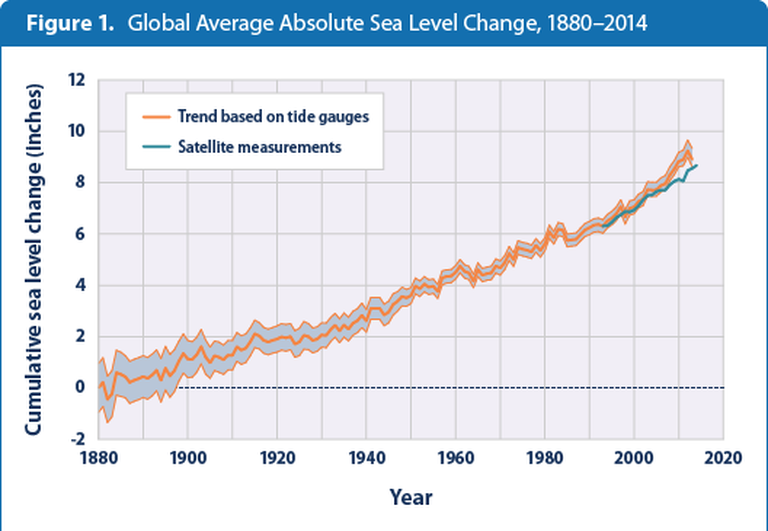
A group of experts in Tokyo suggested pouring radioactive water from Fukushima into the open sea. A marine biochemist explains the consequences of this absurd decision.
The Bramble Cay melomys was the only mammal endemic to the Great Barrier Reef. The rodent has gone extinct because of rising sea levels.
The first mammal wiped out by climate change is Melomys rubicola, a small rodent endemic to Australia’s Great Barrier Reef.
This was made known by the latest report of the University of Queensland, which revealed the results of an extensive search of the animal in 2014 that led scientists to consider the melomys of Bramble Cay extinct.
The rodent lived in a small cay just 340 metres long and 150 metres wide, in the Torres Strait, between Queensland (Australia) and Papua New Guinea. The animal was probably last seen in 2009 by a fisherman who has been visiting the island every year for ten years. “Because a limited survey in March 2014 failed to detect the species – said scientist at the University of Queensland Luke Leung – Bramble Cay was revisited from August to September 2014, with the explicit aims of establishing whether the Bramble Cay melomys still persisted on the island and to enact emergency measures to conserve any remaining individuals”.
“A thorough survey effort involving 900 small animal trap-nights, 60 camera trap-nights and two hours of active daytime searches produced no records of the species, confirming that the only known population of this rodent is now extinct”, Luke Leung added.
According to research, the root causes of the disappearance of the melomys are exactly rising sea levels and the increase of climate extremes that would have increasingly enlarged the rodents’ dens over the years, killing numerous animals and destroying their habitat. “This is probably the first mammal to go extinct due to human-induced climate change”, Leung stated.
According to data collected by EPA (the American Environmental Protection Agency) and published last June, sea levels have been rising at a rate of 0.28 to 0.35 centimetres every year since 1993, roughly twice as fast as the long-term trend (from about 1880). Between the beginning of the Twentieth century and 2010 they’ve risen by 20 centimetres on average.
Siamo anche su WhatsApp. Segui il canale ufficiale LifeGate per restare aggiornata, aggiornato sulle ultime notizie e sulle nostre attività.
![]()
Quest'opera è distribuita con Licenza Creative Commons Attribuzione - Non commerciale - Non opere derivate 4.0 Internazionale.
A group of experts in Tokyo suggested pouring radioactive water from Fukushima into the open sea. A marine biochemist explains the consequences of this absurd decision.
The decline in grey and humpback whales in the Pacific and Atlantic Oceans has been traced to food shortages caused by rising ocean temperatures.
The United Nations has launched a major international alliance for ocean science, undertaking a mission close to all our hearts.
The cargo ship that ran aground off the coast of Mauritius on 25 July, causing incalculable damage, has split in two and its captain has been arrested.
The largest coral reef in the world is severely threatened by climate change, but researchers are developing strategies that could contribute to saving the Great Barrier Reef.
Seychelles have extended its marine protected area, which now covers over 400,000 square kilometres, an area larger than Germany.
Norwegian oil giant Equinor had pulled out of drilling for oil in the Great Australian Bight, one of the country’s most uncontaminated areas. A victory for activists and surfers who are now campaigning for the area to be protected forever.
30 per cent of the planet needs to be protected to stop precipitous species decline. The UN has set out its aims for the the COP15 on biodiversity scheduled for Kunming, China in October.
Ocean warming has risen to record highs over the last five years: just in 2019 the heat released into the world’s oceans was equivalent to that of 5-6 atomic bombs per second. The culprit, no doubt, is climate change.









